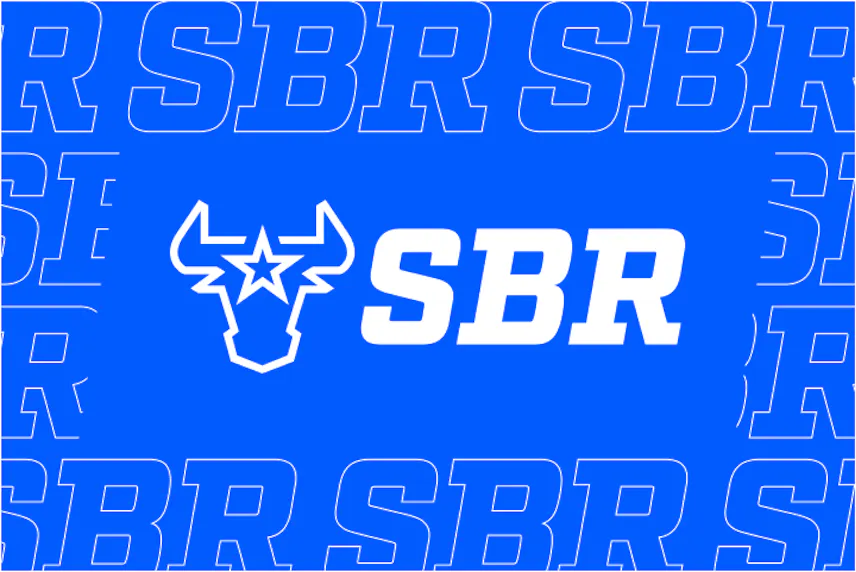Maryland Pushes on iCasino Legalization This Year

Last Updated: September 11, 2024 2:56 PM EDT • 3 minute read X Social Google News Link


Maryland's 2024 legislative session ended Monday, and with it came the last chance for lawmakers to solidify an online casino bill to put before voters this year. Residents already have access to many of our best sports betting sites.
The fate of an iCasino bill in Maryland had been tenuous at best. However, proponents of digital slots and online table game platforms still had a glimmer of hope that something could be done to support an iGaming plan in 2024. It was hoped that iCasinos could complement Maryland sports betting, which has been a tremendous tax contributor to state coffers. Residents can take advantage of numerous Maryland sportsbook promos.
But after any such plan was left out of the state's fiscal year budget and after the final nail of not being included in Monday's agenda for the state's General Assembly, the writing was clearly on the wall for those in favor of bringing online casino gaming to the state.
It means that any chance for the Old Line State to become America's next online casino jurisdiction will have to wait until 2027.
Plenty of pushback
The efforts to quash an iCasino platform in Maryland came from several sources. It wasn't like a single entity was standing in the way of iGaming legislation in the Old Line State.
Numerous studies concluded that brick-and-mortar casinos in the state would suffer at the hands of an online platform. The Innovation Group identified a possible 8-10% drop in revenues for retail outlets in the state with online's launch. Eilers and Krejcik estimated an approximate 2% drop in gambling activity and ultimate profits for brick-and-mortar facilities.
With the drop in visits to retail casinos would come a dip in revenues for nearby businesses and companies that assist retail gambling outlets.
The retail pushback came despite evidence suggesting otherwise. Online revenue for brick-and-mortar casinos in existing iGaming jurisdictions has helped brick-and-mortar facilities' bottom line. Studies have confirmed that the addition of online has had little effect on and has even helped retail casinos in the North American market.
Union pushback
Unions in the Old Line State are influential and had their own objections to a comprehensive iGaming platform for the state. Labor groups such as the AFL-CIO and UNITE HERE were vocal in their opposition to legislation for online casino gaming, and apparently, their voices were heard.
They saw that jobs were possibly on the line with online gambling platforms becoming a reality.
Union opposition and concerns from retail casino providers, plus the usual concerns about gambling addiction, all contributed to the roadblocks for Maryland iGaming to make any forward progress this year.
Where it leaves Maryland and the entirety of the U.S. iGaming scene
While legal sports betting has caught on in the American market, with nearly 40 U.S. states and territories having their own sports wagering platform, iGaming, and iCasinos have been slow to follow suit.
Only seven states - Connecticut, Delaware, Michigan, New Jersey, Pennsylvania, West Virginia, and Nevada - currently have some form of iGaming platform in their states. In Canada, Ontario also has its own platform. It was hoped that Maryland would be added to that list this year.
As mentioned, Maryland will likely not see online casinos until 2026 at the earliest. Illinois, Indiana, and Iowa also saw iGaming pushes this year but suffered the same fate as Maryland.
It leaves New York as the possible next jurisdiction for iGaming in the U.S. market. But there will be struggles in that state as well. As Maryland showed, those struggles will be serious, and absolutely nothing can be assumed. Some New York legislators have already pushed back on the possibility of an impending iGaming platform.
Despite being a very lucrative tax revenue-producing industry, iGaming continues to be a contentious issue. Will Americans ever become more receptive to online casinos?
The smart money is on expansion, maybe not rapid expansion. After all, it took some time for legal sports betting to catch on, and now it is a huge part of the North American sports viewing experience.

James Bisson X social





